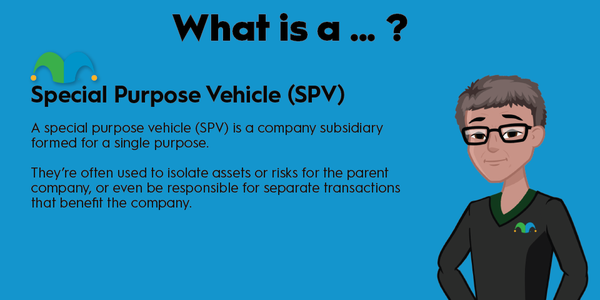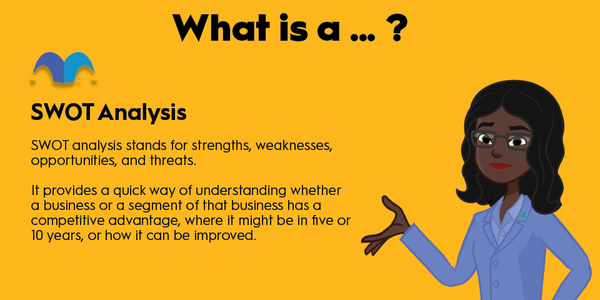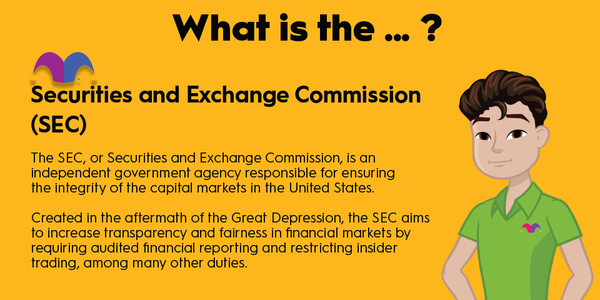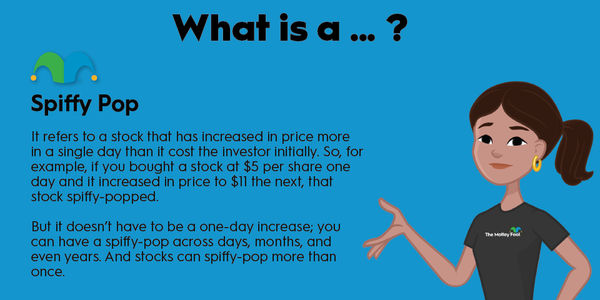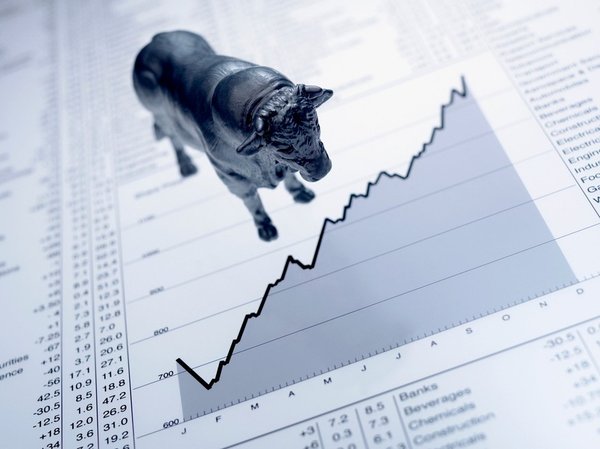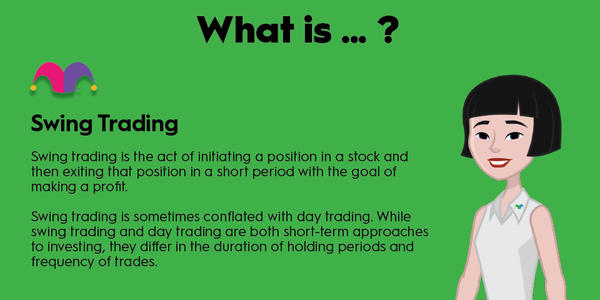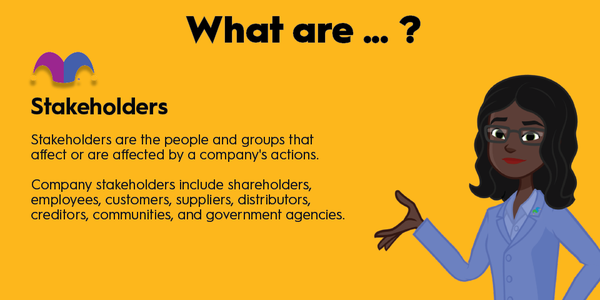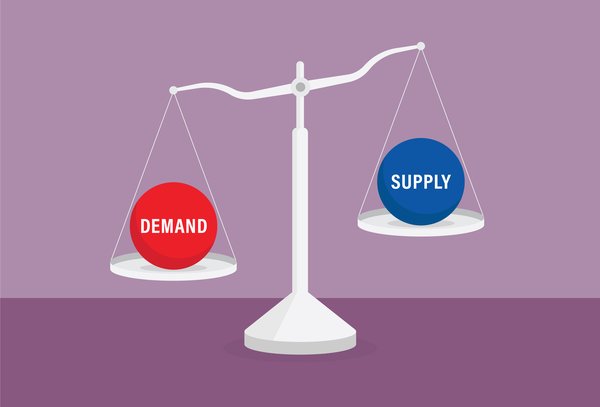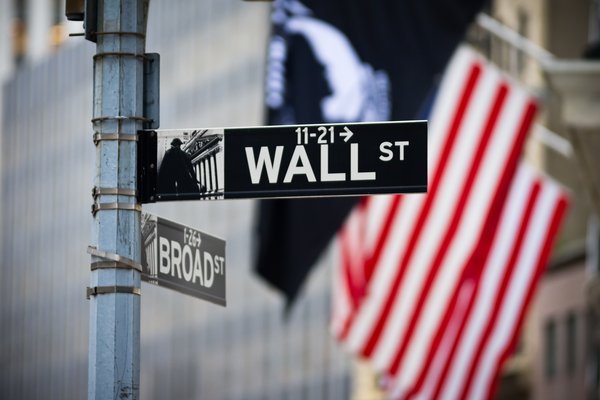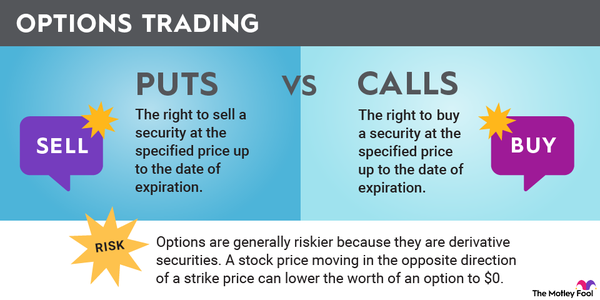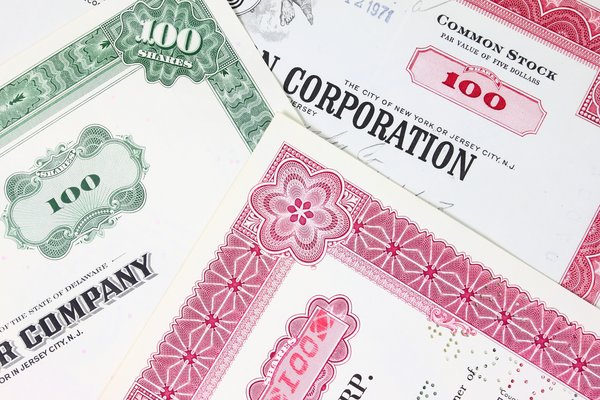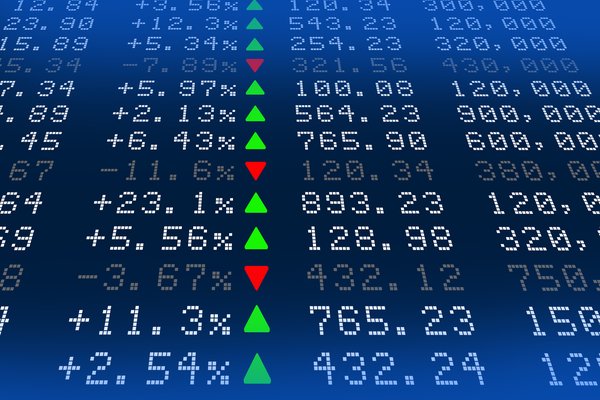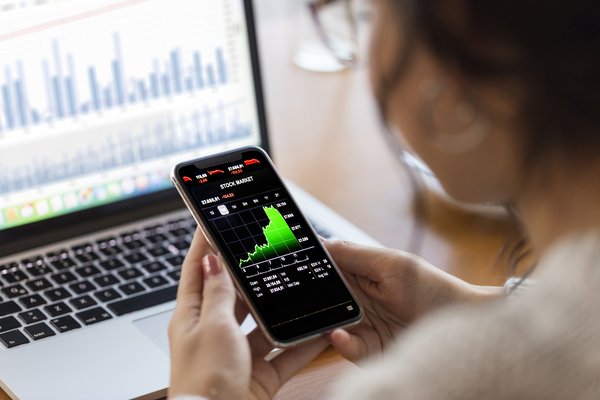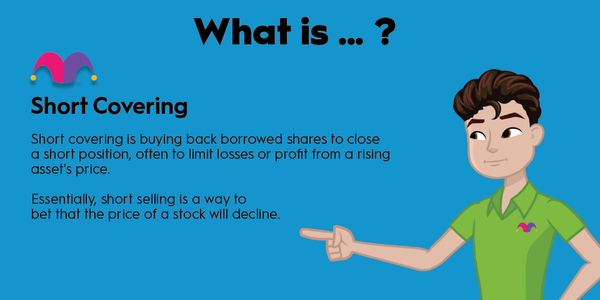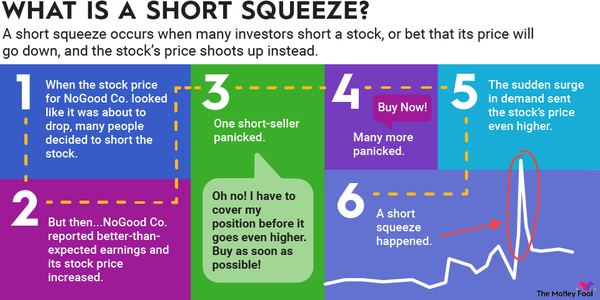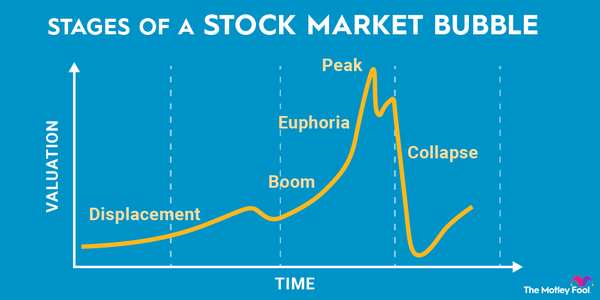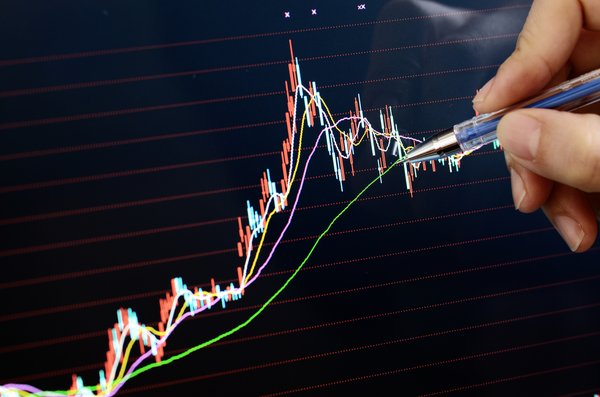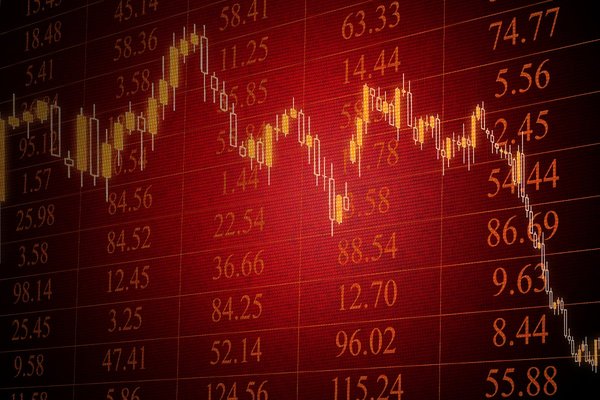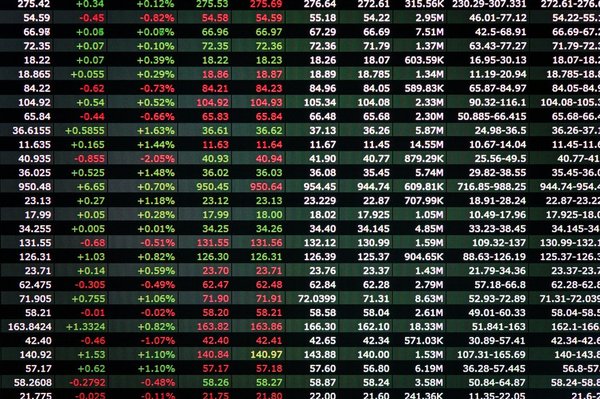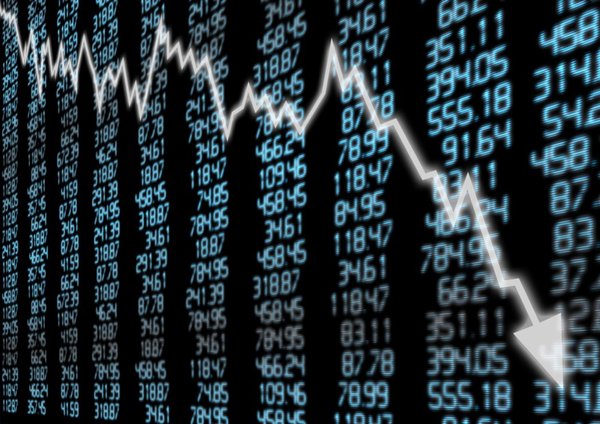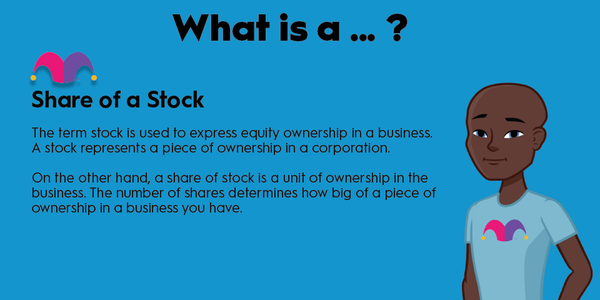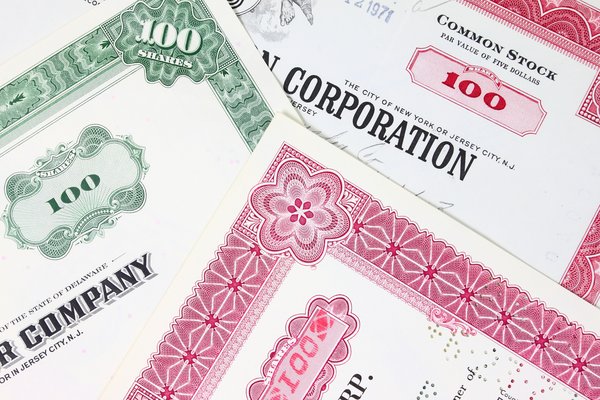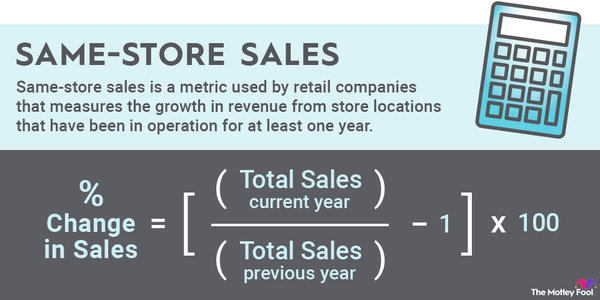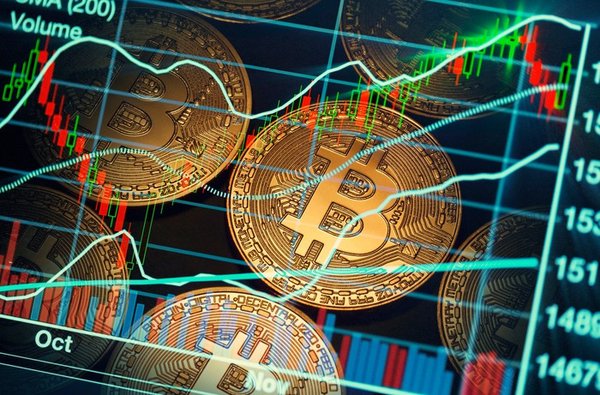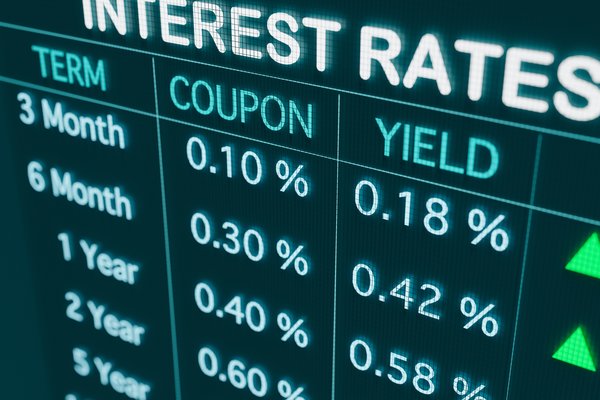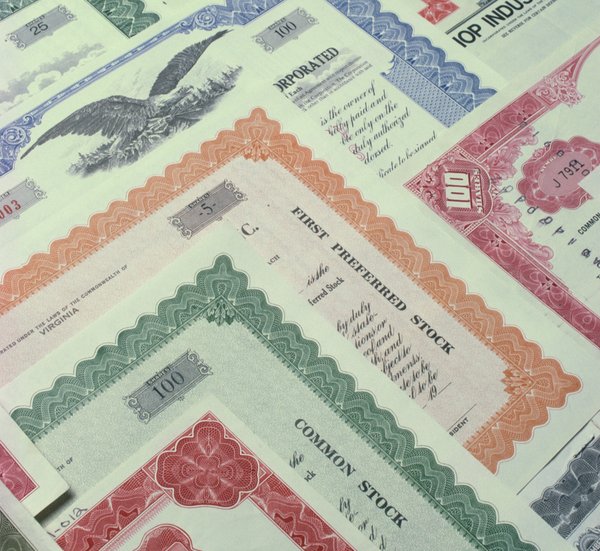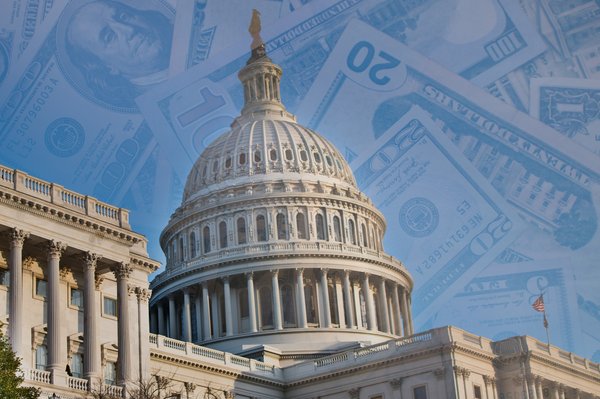Everybody knows that insider trading is frowned upon, but the Securities and Exchange Commission (SEC) is pursuing a new kind of insider trading known as "shadow trading." Are you at risk of this potentially new kind of trading violation?
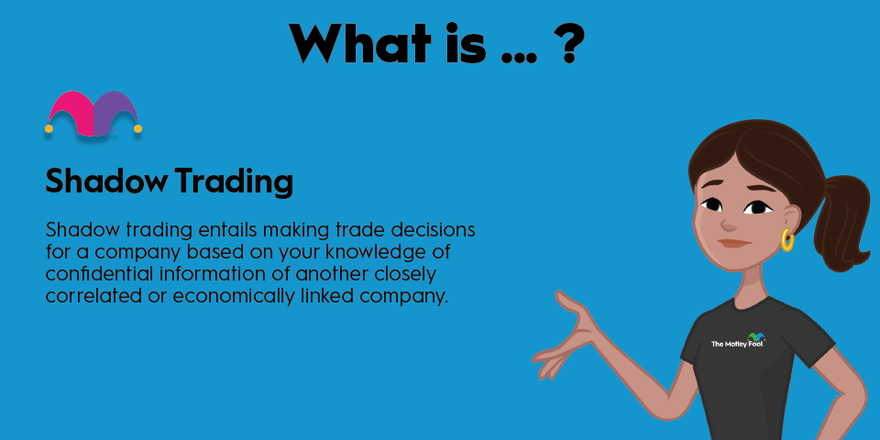
What is it?
What is shadow trading?
Shadow trading is a new issue working its way through the court system. Based on SEC v. Panuwat, a complaint brought in 2021, it may be a new type of insider trading that affects people who deal with material nonpublic information (MNPI).
Insider trading involves investment decisions based on some kind of MNPI about your own company; shadow trading entails making trading decisions about other companies based on your knowledge of external MNPI. The issue has yet to be fully resolved in court, but the SEC is prosecuting this behavior.
History
A history of shadow trading
Shadow trading is a fairly new concept, based on a complaint lodged by the SEC against Matthew Panuwat, a business development executive in the biopharma industry. His employer brought in investment bankers to help explore a potential acquisition. During presentations, he saw materials that made him believe that a direct competitor -- described as an "economically linked company" in the complaint -- would increase dramatically in value once his company was acquired.
Before the public announcement of the acquisition, Panuwat bought a significant number of call options for a competitor identified in the MNPI presentations. The stock of the competitor increased in value, and Panuwat profited roughly $100,000 from his call options.
Although the court case is still working its way through the system, a federal court in San Francisco denied a motion to dismiss the charges filed by the SEC against Panuwat in 2022. The SEC argues Panuwat's actions were a form of insider trading. Much more is left to establish before a full understanding of shadow trading can be really determined.
What is an "economically linked" company?
What is an "economically linked" company?
The specific charge with shadow trading is that you're buying or selling securities of a company that's "economically linked" to the company based on MNPI. But what is an economically linked company?
In the Panuwat case, the company being traded was a competitor the same size as Panuwat's company. As a mid-cap company focused on biopharmaceuticals for oncology, it was essentially the same as his employer. Only one was being acquired, but both were part of a very limited pool of potential future acquisitions, making them peers in basically every way that counted.
But in the future, other economically linked companies might include companies in different industries that rely on a company for their success or even indirect competitors that are still considered to move with the same market forces. This will take time to play out in court.
Related investing topics
Establishing shadow trading criteria
Establishing shadow trading criteria
Because this case is still pending, it's impossible to know what the future criteria may be for shadow trading, but it seems to hinge on three specific items in the SEC's current case.
First, the information being used in trading had to be material, confidential, and nonpublic. It was, and Panuwat had signed various agreements regarding its use.
Second, the purchase had to represent a breach of his fiduciary duties. Because Panuwat agreed to the company's insider trading policy, he also allegedly violated it. The specific verbiage includes prohibitions on investing in other publicly traded companies, including the competition.
Third, the purchase had to be made based on the MNPI. Panuwat made his investment very soon after learning about the acquisition of his own company, which would further shrink the pool of similar investable companies. He had never traded the competitor company before the MNPI.
